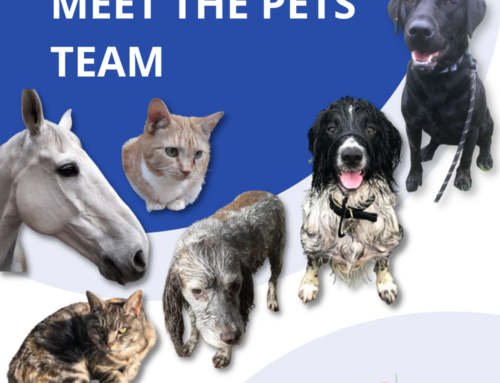Common veterinary issues for Summer
In the veterinary world, each season brings new challenges to clinics. Summer, especially ones as warm as this, can pose a serious risk to pets of all kinds. So when you’re preparing for warm weather, either as a veterinarian or as a pet owner, you should be mindful of these common veterinary issues for summer. Learn more with our expert team at Infusion Concepts.
Pets can get dehydrated in summer
In the hustle and bustle of modern life, it can be challenging to stay hydrated. Especially in the summer. When the weather gets as warm as this, make sure you’re monitoring your pets’ hydration levels alongside your own. Active animals such as dogs require frequent hydration to keep body temperatures down, and cats can struggle to find still water sources. As a pet owner, make sure you provide regular hydration and spacing out your pet’s activity. Cats can benefit from items such as water fountains.
For veterinarians, many of our veterinary tubing and syringes are suitable for I/V Access and can quickly administer fluids. Contact us today via our live chat service to learn more.
Pets can suffer from Heatstroke during warm weather
Many pets, especially those with flatter faces, are susceptible to heatstroke in this weather. Heatstroke poses a severe threat to any pets safety, and many steps you may take as a pet owner can indirectly increase the chances of heatstroke.
For example, in dogs, it may be beneficial to have their hair trimmed in the summer to alleviate retained heat via fur. However, shaving a dog’s hair in the summer leaves your pet without its natural defences against sunburn and fluctuating body temperature. In certain breeds’ coats is providing an insulating layer that can prevent elevation in body temperature.
As a pet owner, here are a few steps you can take to alleviate the risk of heatstroke:
- Do not leave pets in parked vehicles: open windows and air conditioning aren’t enough in hot weather.
- Focus on proper hydration.
- Reduce time outdoors (especially during the middle of the day) and in warm indoor areas.
- Brachycephalic animals (short-muzzled) like Pugs are at increased risk.
For a veterinarian, active cooling practices have been proven to decrease mortality rates in patients. I/V fluid therapy using our veterinary tubing and syringes could be part of an effort to bring the temperature to a normal level or maintain it.
Pets can drown in bodies of water
Especially as lockdown is now over, many pets will be spending time unsupervised around bodies of water this summer. Unfortunately, many dog breeds are not naturally strong swimmers. As a pet owner, remain ever-vigilant around the water with your pet. Gradually introduce your pet to the water to ensure their safety and try to avoid fresh-water bodies, where unseen currents can pose a danger.
As a veterinarian, oxygen therapy is the go-to treatment for injuries sustained via drowning in veterinary practice. We offer various extravenous catheters and critical oxygen supply products available to veterinary practices and wholesalers. Learn more by contacting us today.
We hope this guide has shown you some potential mitigating actions and veterinary procedures, and products capable of preventing issues this summer. Infusion Concepts is home to a vast array of veterinary equipment and products for sale, brought to you by experts with a long-standing legacy in the field. Learn more about our range of Infusion Pumps that may be beneficial in these summer months here, or contact us today for help finding the perfect equipment for your clinic.









